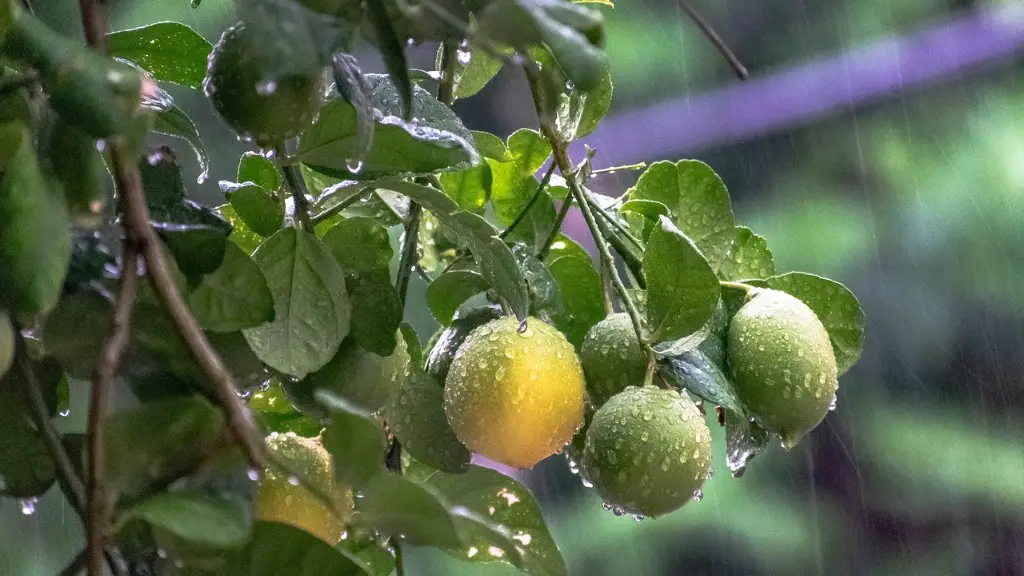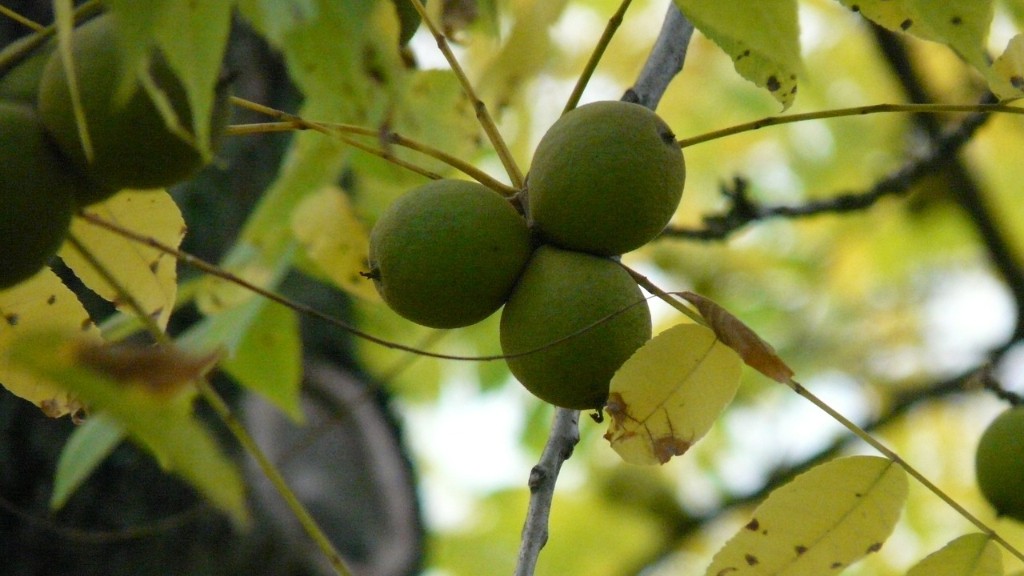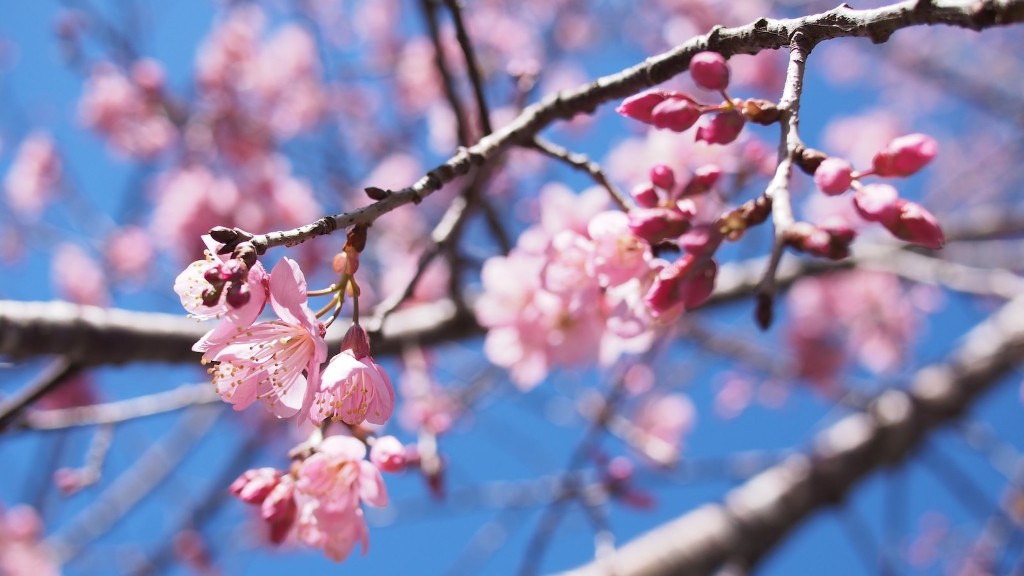Contrary to popular belief, lemon trees are capable of surviving in cold climates. It is possible to successfully grow the trees in New Jersey (NJ), if certain criteria is met. Firstly, lemon trees prefer a warmer, subtropical climate and will thrive in temperatures above 40 degrees Fahrenheit. In NJ, this can be achieved by planting the tree in a warm, sunny location that is sheltered from cold winds. It is also important to select a variety of lemon tree that is suitable for the climate. One of the best varieties for NJ is the Meyer lemon tree, as it is more cold tolerant than other varieties.
Secondly, soil and water are essential for lemon trees. It is important to plant the trees in soil with good drainage, and water regularly throughout the growing season. In NJ, this can be tricky due to the cooler climate and shorter growing season. Using mulch and compost to aid in water retention can help create a better environment for the trees to survive.
Thirdly, lemon trees require a lot of light and should be planted in an area with at least 8 hours of sun per day. Since NJ has shorter days, it is important to ensure that the tree receives adequate light. Additionally, protection from colder temperatures should be considered, such as covering with a light blanket.
Fourthly, pruning is another important part of properly caring for a lemon tree. The trees grow quickly, and pruning helps to maintain the shape of the tree, as well as remove dead and diseased branches. Pruning should be done regularly throughout the growing season.
Lastly, fertilizing lemon trees is critical for proper growth. Fertilizing should be done throughout the growing season, using a fertilizer specifically formulated for citrus trees. This helps to fortify the soil and provide essential nutrients for the tree.
Treating Pests
In addition to the proper care mentioned above, it is also important to treat pests that may affect the health of the lemon tree. Common pests in NJ include aphids, scale and spider mites. Treatment of these pests should be done promptly to prevent damage to the tree. Natural methods, such as soapy water or horticultural oil, can be used to treat the pests.
Avoiding Diseases
Diseases are another issue to consider when growing a lemon tree in NJ. Some of the common diseases that affect lemon trees in this region include canker and gummosis. These diseases can cause severe damage to the tree, and it is important to watch for signs of disease and treat as soon as possible. The best way to prevent or manage these diseases is by ensuring proper care of the tree, such as proper irrigation and pruning.
Protecting from Cold Weather
Finally, it is important to consider cold weather and protect the tree from frost. Lemon trees can tolerate light frosts, but they are particularly vulnerable to temperatures below 30 degrees Fahrenheit. To protect the trees, avoid planting in colder microclimates, as well as covering with blankets or mulch. If temperatures do fall below 30 degrees Fahrenheit, it is important to take action quickly to prevent damage to the tree.
Harvesting Lemons
When the tree has reached maturity and is producing lemons, it is important to harvest the lemons at the proper time. The best time to harvest is when the lemons are ripe and fully colored, usually late summer or early fall. The lemons should be harvested gently, by twisting or cutting from the branch. It is also important to avoid over-harvesting, as this can damage the tree.
Establishing a Pollinator
Most lemon trees are self-pollinating, but the addition of a pollinator can help to increase fruit production. In NJ, a good pollinator for the Meyer lemon tree is the ‘Columbia Star’ tangelo. This pollinator should be planted close to the lemon tree and will help to pollinate the flowers and increase the number of lemons produced.
Providing Care During Winter Months
It is important to provide adequate care for the lemon tree during the winter months. In NJ, this can be done by wrapping the trunk and branches with burlap and straw to protect them from the cold temperatures. Additionally, a light covering of mulch can help to insulate the tree and keep it warm during the winter.


